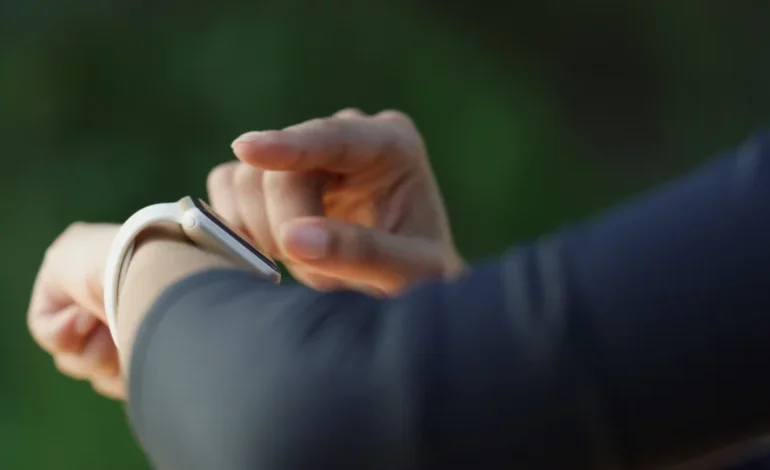Forget 10,000 — Scientists Say This Is the Real Step Count Sweet Spot

Your fitness tracker has probably been screaming “10,000 steps” at you for years — but it turns out that magic number was never backed by hard science. In fact, it came from a 1960s Japanese marketing campaign for a pedometer.
The real sweet spot for living longer and staying healthier? About 7,000 steps a day, according to new research published in The Lancet Public Health.
A team led by Melody Ding, a public health professor at the University of Sydney, analyzed data from over 160,000 adults worldwide. They found that people hitting around 7,000 steps daily slashed their risk of dying by nearly 50% compared to folks barely scraping 2,000. Bonus perks:
25% lower risk of cancer
14% lower risk of type 2 diabetes
25% lower risk of heart disease
22% lower risk of depression
38% lower risk of dementia
Past that 7,000-step mark, benefits still stack up — but the returns get smaller. Ding says:
“It doesn’t hurt to go beyond 7,000, but if you struggle to hit 10,000, 7,000 is a realistic, powerful target.”
The research also shows even a small bump matters: going from 2,000 to 4,000 steps in a day cuts your risk of dying by more than a third.
Age plays a role too. Amanda Paluch, an epidemiologist at the University of Massachusetts Amherst, found that for people over 60, the sweet spot is closer to 6,000–8,000 steps, while younger adults max out their benefit around 8,000–10,000.
And here’s some good news for the slowpokes: pace doesn’t seem to matter much. Total movement is what counts.
Official US exercise guidelines still talk in minutes — 150 to 300 minutes of moderate activity a week — but experts like Dr. William Kraus from Duke University think step goals should be in the mix.
“Steps are easy, objective, and you can track them on your phone,” he says.
Oh, and if you’re glued to your desk for 8+ hours a day? You may need to push closer to 13,000 steps to cancel out the damage of sitting.
Bottom line: stop stressing over 10,000. Get moving, aim for 7,000+, and mix in some strength and mobility work. Your body will thank you — tracker or not.
The original story by Will Stone for NPR.









The latest news in your social feeds
Subscribe to our social media platforms to stay tuned